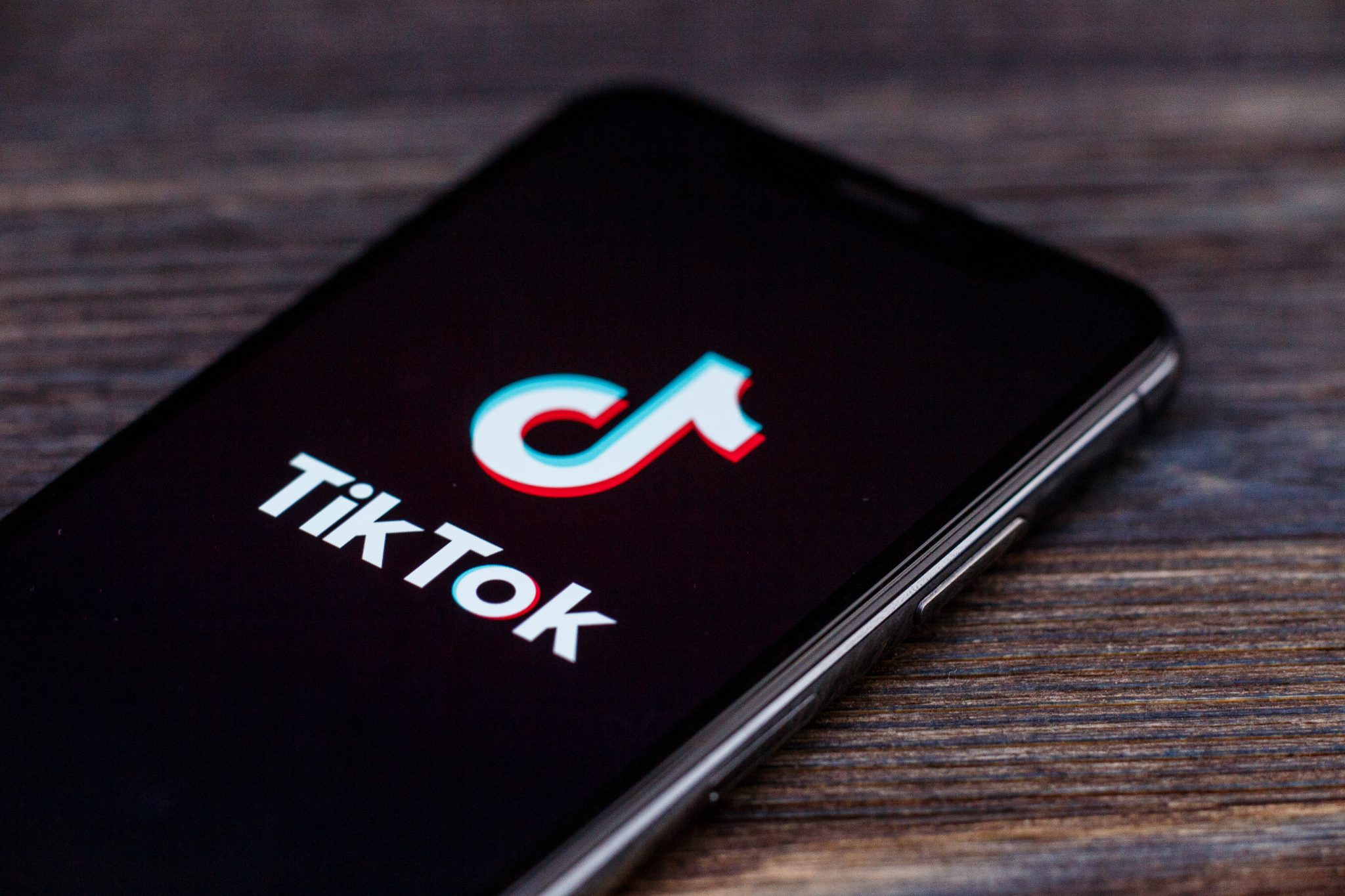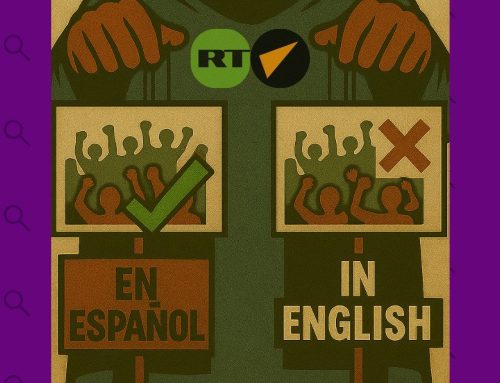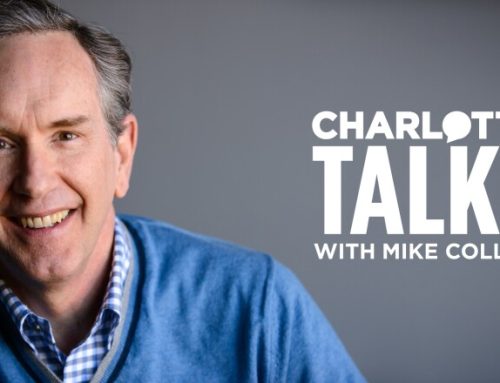In an op-ed for EUobserver, Senior Fellow Kristine Berzina, Emerging Technologies Fellow Lindsay Gorman, and Fellow and Program Manager Nad’a Kovalcikova argue that TikTok’s membership in the EU’s Code of Practice on Disinformation risks prematurely legitimizing the platform as a responsible information space actor and providing cover for suspected political censorship.
In a week of firsts last week, a high-level European Commission communication named China as responsible for targeted influence operations and disinformation campaigns around Covid-19.
In parallel, the most globally successful video sharing platform owned by a Chinese company — TikTok — signed onto the EU’s Code of Practice on Disinformation.
Last week’s announcements open a new chapter for the European Union’s fight against foreign interference and an opportunity for the EU to wield its newly-strengthened anti-disinformation tools on an emerging platform.
Yet it remains to be seen whether the EU’s disinformation mechanism, which has been criticised in its present form, can handle the unique challenge of overseeing TikTok, whose challenges may prove different from those of the US-based tech companies for which the existing system has been designed.






